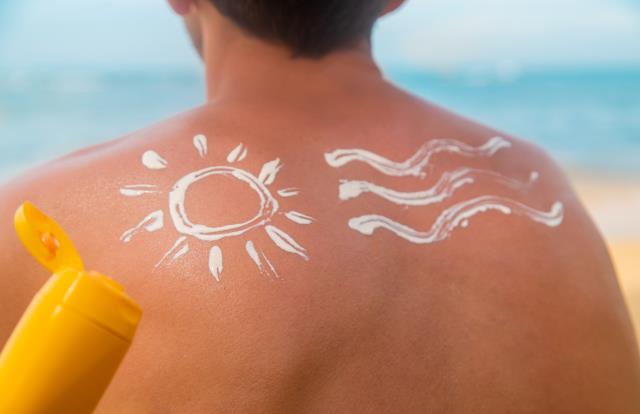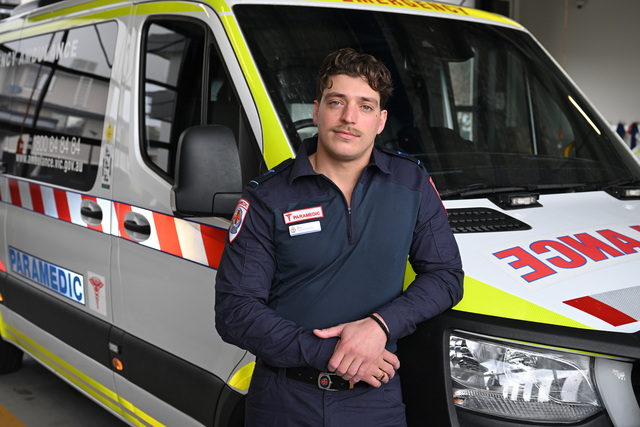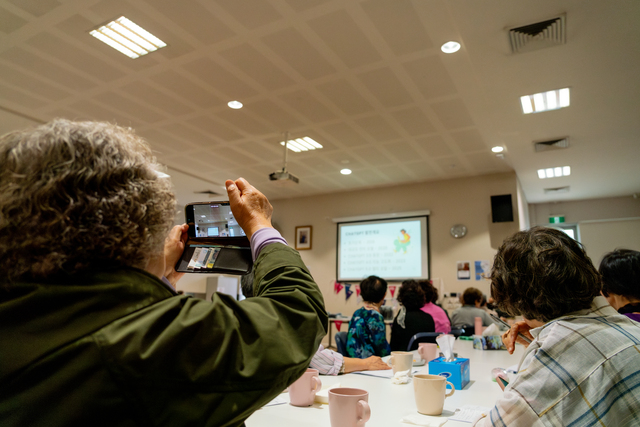There is no mistaking that year 12 can be a tough year for any student, but for two Keilor Downs College (KDC) students the year was tougher for them than most.
KDC year 12 students Kayla and Harriet said they are both relieved to be seeing the backend of their final school year.
For Kayla, she tackled the high demands of the school year alongside dealing with the dislocations brought on by her Ehlers Danlos syndrome (EDS).
Ehlers-Danlos syndromes (EDS) are a group of rare inherited conditions that affect connective tissue, often leading to Kayla’s joints dislocating – requiring her to put them back into place.
Kicking off the exam season for VCE students was the three hour long English exam. But for Kayla, it took her more than double that time to complete it.
“The English exam was meant to be a three hour exam and mine went for almost seven hours. It was a full day, and I had some breaks throughout but I didn’t finish until about 6pm. I had around 30 dislocations that day,” she said.
Kayla said she expected to have to deal with the dislocations throughout the exam season, and was prepared with different braces and medications to help get her through.
“The dislocations kept going as the exams went on because most of them were close together. My family really supported me throughout my exams and the whole school year, they are my biggest support, especially my parents and my sister. My sister went through practically the same thing herself and so she gave me lots of helpful advice.”
Achieving a study score of 42 for English, and an ATAR of 81.30, Kayla said she is set to take on the new year after receiving an early admission into a double degree for nursing and paramedicine at Australian Catholic University (ACU).
Throughout the year, in the bustling hallways of Keilor Downs College, both Kayla and Harriet took on the important role of year 12 school leaders for final year of high school. As the appointed year 12 school leaders, they carried out the responsibility of guiding their peers and fostering a positive and inclusive school culture.
Harriet has a rare genetic disorder called Kabuki syndrome, a disability that had no chance of standing in her way of working towards her aspirations.
Harriet took a non-ATAR pathway, completing the VCE Vocational Major, a two year vocational and applied learning program that enables students to transition into apprenticeships, traineeships, further education and training and university.
“At the start of the year I had planned out my year, but then plans changed. It became really emotional for me in the first part of the year, my uncle had passed away and so that was very hard for me and my family to go through. He was a really important figure in my life,” she said.
Harriet said a powerful support team of family, friends and the school each played a pivotal role in helping her cross the finish line of year 12.
“I don’t think I could’ve gotten through the year without them,” she said.
“I am absolutely happy that the year is finished but I am definitely going to miss the people in this school.”
However Harriet won’t be straying too far from the classroom, with future plans set to see her back on school grounds.
“I am planning on doing a course next year to become a teacher’s aid. Initially that’s not what I was planning on doing but then as I went through the year at my workplace at a primary school and I was working in the classroom with children, I realised this is what I wanted to do,” she said.







